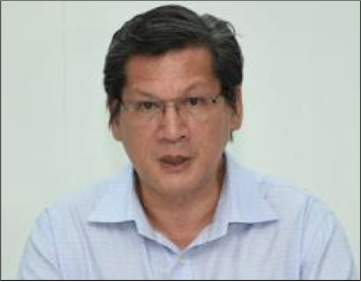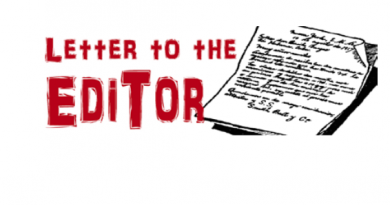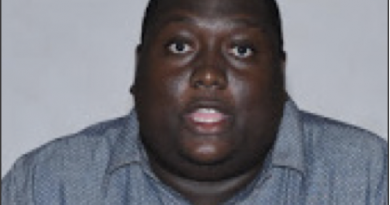Journalists wary of elections coverage guidelines
The Electoral Commission has published and distributed amongst media houses a document which serves as guidelines for the media operating during the election period. As per law, during the elections the media operates under the eye of the EC in terms of the way it reports. The aim is to ensure that the mainstream media as well as private owned entities practice fair reporting and do not blatantly favor one political group over another. The guidelines also aim to remind media practitioners of the need to remain independent of all influences, which may affect the way they report on news items during that time.
While this is generally welcomed, specific parts of the guidelines have caused a lot of anger among the media fraternity. In some areas the guidelines actually spell out how a journalist should conduct a report or news item that has political content. This has been seen as being condescending. Another point of contention has been the revelation that accreditation is not automatic even if media houses submit the names of those practitioners who would be working over the three days of voting. Furthermore, journalists from the state media who can be identified as having clear political affiliation will not be accredited to cover the announcement of results and may also not be able to cover the whole process. The reasons put forward are that they may become emotional when results are coming out and in regards to reporting on other matters to do with the elections, they might be biased. The journalists are upset about this, and have pointed out that political affiliation is the right of every citizen and every journalist has a right to carry out his or her duties within the ambit of the law. As these journalists in question work under a specific media house which already has its own rules and regulations, the inclusion in the guideline and the terminology used, makes it an infringement on freedom of expression and on the rights of the individuals. To date, there has not been any incident in which a journalist from national media has been accused of being blatantly biased in his reporting. Concerns have also been raised about the fact that media access to polling stations is at the discretion of the official in charge of the specific station. This has become a very moot point since it has been elucidated that access could be decided by whether or not the official in charge of a particular station like or gets on with the journalist requesting said access.
The Association of Media Practitioners Seychelles has taken up the matter with the Electoral Commission in a letter addressed to the Chairman of the Commission.




